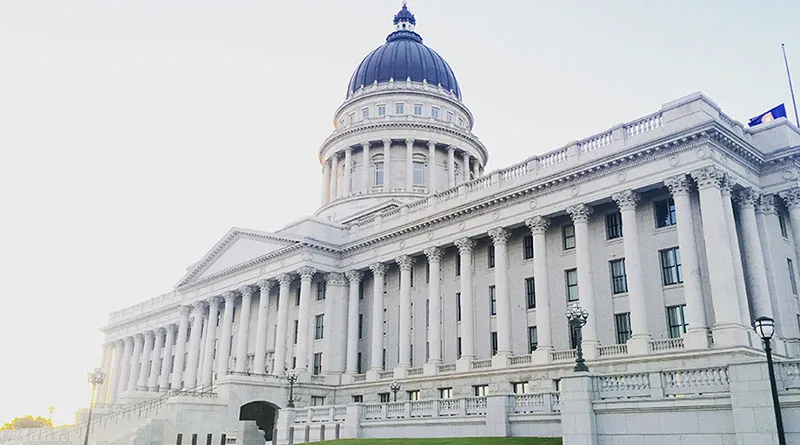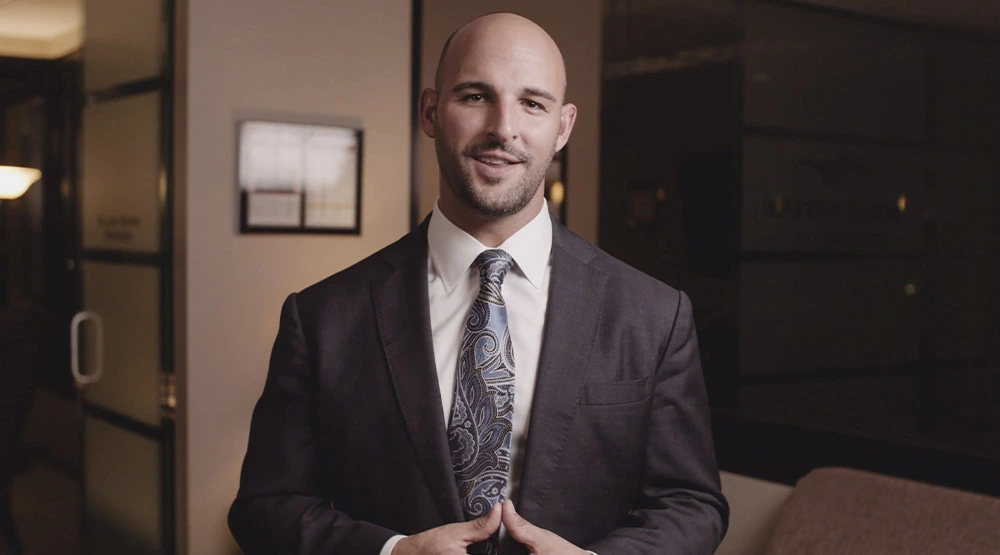Learning Center
Stay ready for what’s next. From practical tips to strategic insights, find the guidance you need right here.

Featured Resources
Find the resources that are most relevant to you whether it’s retirement planning, investing, tax strategies, or life planning.
Thank you! Your submission has been received!
Oops! Something went wrong while submitting the form.
Explore All Resources
Article

4 things we learned after building & reviewing 1000s of financial plans
What makes a retirement plan succeed? What makes a plan fail?
April 28, 2025
Financial Planning
Article

Myths about retirement
Discover common myths that many people believe about retirement.
April 14, 2025
Financial Planning
Article

What Happens When Your Advisor Retires?
Navigating the retirement of your financial advisor can be overwhelming, especially when working with someone who runs a one-person operation.
March 10, 2025
Financial Planning
Tax Planning
Estate Planning
Article

4 Common Retirement Fears
When thinking about the idea of entering retirement, many people experience a combination of emotions - some excitement, but also some fear.
September 6, 2022
Financial Planning
Life Design
Article

When should I take Social Security?
The decision of how and when to take Social Security is a much bigger decision than most people realize.
June 18, 2022
Financial Planning
Article

Do I really need a budget?
There are few things more despised in the financial world than a budget.
June 18, 2022
Financial Planning
Article

What if my husband and I want different things in retirement ?
Chances are you and your partner might be thinking differently about retirement.
June 18, 2022
Financial Planning
Life Design
Article

Is Social Security safe to rely on?
There’s a lot of talk in the news that the Social Security trust fund is set to deplete in 2035.
June 18, 2022
Financial Planning
Article

Should I Pay Off My Debt Before I Retire?
There are a number of factors that need to be considered when considering the best way to pay off debt.
June 4, 2022
Financial Planning
Estate Planning
Article

Financial Self Care
There is more to self-care than meditating or creating “me time”. Our physical health is connected to our financial health!
May 11, 2022
Financial Planning
Article

How Do I Use My HSA in Retirement?
Paying for medical expenses in retirement continues to be a top concern for Americans. Are there ways to maximize the benefits you receive from your employer?
May 1, 2022
Financial Planning
Medicare
Article

When it comes to fees, how much is too much?
If you don’t know the specific fees in your investments you’re not alone.
April 13, 2022
Financial Planning
Article

There’s more to a legacy plan than you may think
The idea of legacy planning goes far beyond documents and account values. How are you going to pass on your legacy?
March 14, 2022
Financial Planning
Estate Planning
Article

“Till Money Do Us Part”
Money can’t buy love, but it can sure put an end to it!
February 28, 2022
Financial Planning
Life Design
Article

How your estate plan could effect the relationships in your family
Money can make people do crazy things. Here is how your estate plan could effect the relationships in your family.
January 27, 2022
Financial Planning
Estate Planning
Article

Steps to take when designing your long term care plan
Developing a cost assessment will give you insight into what it might look like to have to pay for care.
November 18, 2021
Financial Planning
Medicare




























-fees-could-be-eating-away-at-your-retirement.webp)




